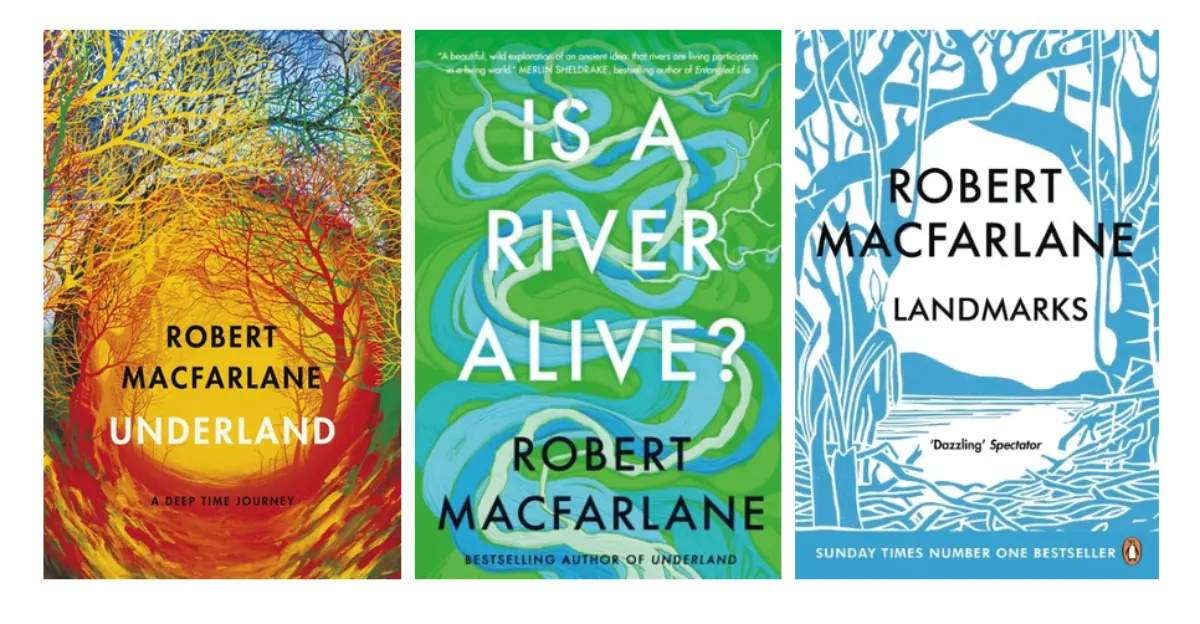When life unravels, committing to a daily practice of writing can be tremendously healing and helpful. SUE FENTON explores the benefits of writing.
Writers seem a mysterious and intriguing breed, with uncanny insight and intellect. It’s no wonder, then, that many people dream of being a writer – and I am one of those dreamers.
I always thought that, when I had the time, I would like to pursue a literary career. Writing was part of my role as a Presbyterian minister, and I used to relish those quiet moments of reflection.
I also loved the idea of exploring issues that mattered to me, using the power of words to reimagine the world.
When life unravels
However, five years ago, my seemingly charmed life started to unravel. My husband began his ongoing battle with cancer. Our beautiful city apartment in New Zealand was found to need expensive earthquake strengthening. My daughter’s marriage fell apart due to domestic violence, leaving her as a full-time mum to two very young preschoolers. I had to give up a vocation I enjoyed, as I wasn’t coping with the family pressures and work.
Finding treasure
Some time ago, while browsing in a bookshop on holiday, I found a treasure: a small yellow book called The Power of Writing It Down by Allison Fallon.
Fallon writes, ‘Words are the most powerful tool we have to create the life we long for. Yet they are often our most under-utilised resource.’ She explains that research shows even five to twenty minutes of daily writing can have significant benefits.
A daily writing practice can help you:
- identify where you’re stuck and build better habits
- find new motivations and take ownership of your life
- heal from past pain and trauma
- relieve anxiety and depression
- put things in perspective
- live a healthier, more purposeful life.
Revealing research
A recent Cambridge University study found that writing expressively about life events can have incredible health benefits. The list is impressive and includes:
- fewer stress-related visits to the doctor
- improved immune system functioning
- reduced blood pressure
- improved lung function
- fewer days in hospital
- improved mood
- a feeling of greater psychological well-being
- reduced depressive symptoms before examinations
- fewer post-traumatic intrusion and avoidance symptoms.
I found the insights and tools in Fallon’s book, as well as the research study, immensely inspiring. I began a daily writing routine to practise gratitude, write honestly about my feelings, set small daily goals and dream of how things could be.
NZ Writers College – the next step
Early this year, I realised I needed something to help me keep my brain active, care for myself and maintain my identity beyond being a wife and mother. So I enrolled in a freelance journalism course through the NZ Writers College.
Over the past eleven months, there were many times when it all seemed too hard, and I was tempted to give up. Without the support and encouragement of my tutor, I wouldn’t have kept going. But I finished the course, and it has given me a new way to make sense of life’s challenges.
READ MORE:
Q & A With Lotta Dann – Writer, Blogger and Recovery Advocate!
Overcoming inertia
Although I now have the time to write, and I know it’s good for me, I still seem to invent a range of trivial reasons not to write, such as…
- The vegetable garden beckons. I’m sure the lettuces have doubled in size overnight – and is that the first strawberry ripening?
- There’s birthday chocolate waiting for me in the fridge door.
- I need to call my mum.
- Coffee time?
- It’s too hot.
- It’s too cold.
- I haven’t done my 10,000 steps yet.
- I’m hungry.
- Another coffee? Or maybe a herbal tea this time?
- It’s time to get dinner ready now!
However, when I overcome these obstacles and get back to my writing, I experience a sense of peace. In the stillness of writing, I can explore my innermost thoughts and feelings and make sense of my world.
The transformational power of writing
As Anne Frank wrote, ‘When I write I can shake off all my cares. My sorrow disappears, my spirits are revived!’
Writing is a vital tool for processing the challenges and traumas of life. Words have the power to reshape our worlds, rewrite our experiences, uncover our deepest truths and set us free.
About the Author

Sue Fenton is a Presbyterian Minister, mother, and grandmother who has worked in various roles in Community Ministry and with children and families, both regionally and in local churches in New Zealand. She has a BA in Sociology and a B Theology from Otago University. Sue has a particular interest in applying the principles of her faith to situations of community need and injustice. She is now exploring a writing career.















